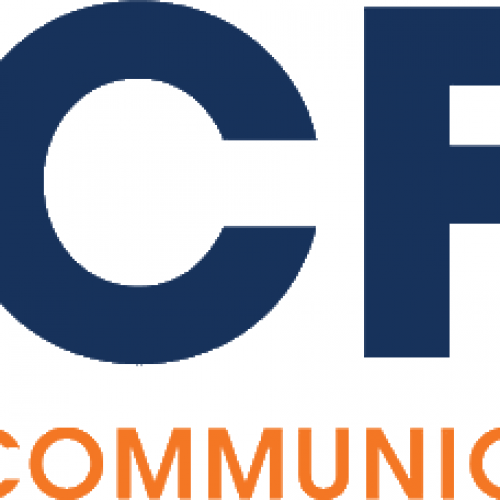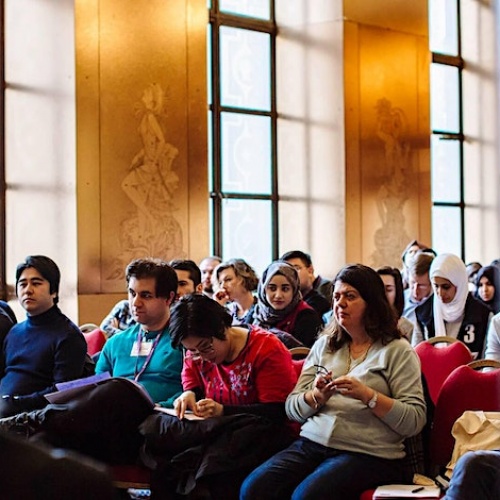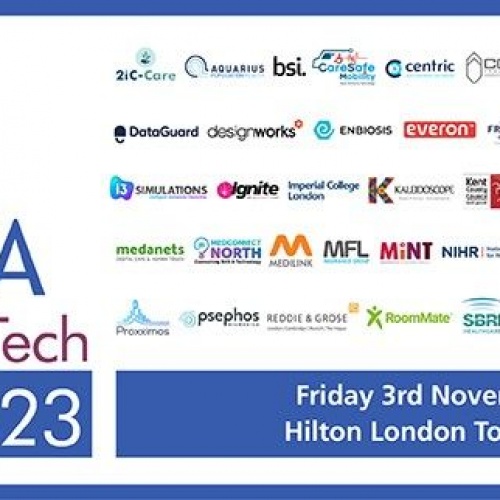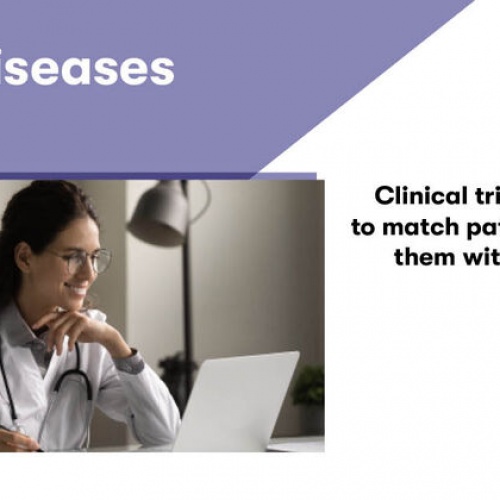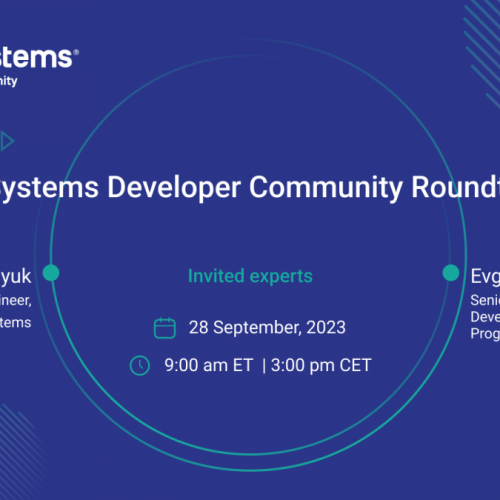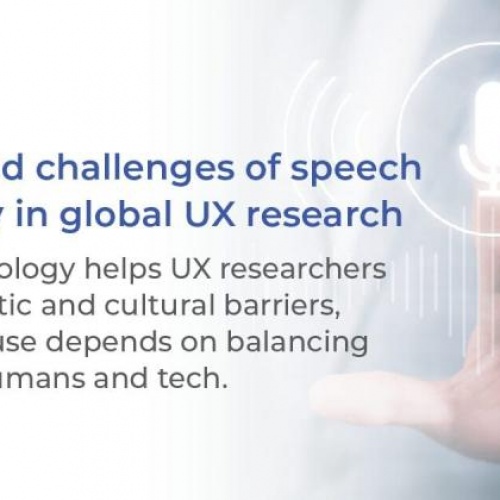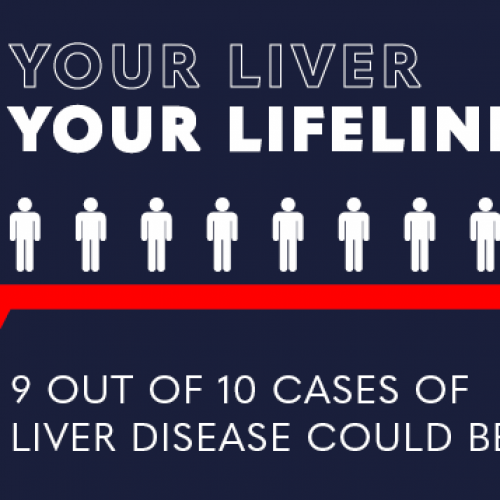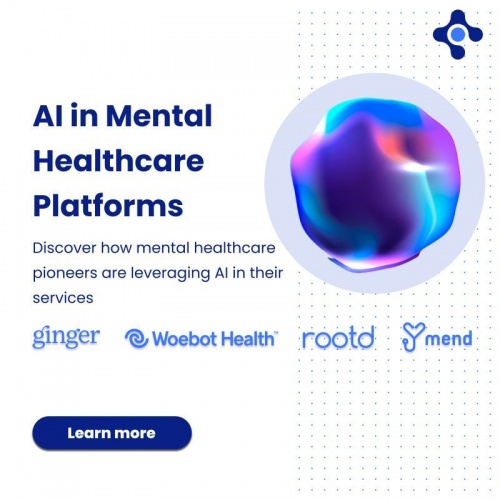Blog
Are you looking to reduce #communication costs?
Perhaps you'd like to save time, reduce DNA's or increase patient engagement? CFH are the company to help! With a range of communication solutions, from print, post and digital delivery, they can support you in achieving your health organisation goals. Visit stand…
Read more: Are you looking t...Join us and the NIHR i4i (Invention 4 Innovation) team to explore the various funding streams available
Don't miss @SIGHT_programme next event about the NIHR i4i programme funding on 31st October! Find out more & register: - for the morning session (in person) here. - for the afternoon webinar (hybrid) here.
Read more: Join us and the N...NIHR awards £2m funding for communities and researchers to work together to tackle health and care challenges
@NIHRresearch awards £2m #funding for communities and researchers to work together to tackle #health & care challenges. These new projects place communities on an equal footing with researchers to lead research projects together. Read more here.
Read more: NIHR awards £2m f...Only 1 month to go until #SEHTAMedTechExpo on 3 Nov in London
Don't miss out networking with 220+ delegates & our 45 global Sponsors & Exhibitors from from the #medtech #lifesciences #NHS #AHSN sector. Prices start from £300+VATpp. Read more here.
Read more: Only 1 month to g...We’re delighted to support Mediaplanet's #RareDiseasesCampaign2023
Grab your copy in Guardian and online at http://ow.ly/yQE030sxhCj featuring Michel Van Harten with myTomorrows.
Read more: We’re delighted t...How Wellnite is Powering a Mental Health Revolution with Whereby
Integrating video call technology directly into healthcare platforms is the future of care. Find out how Wellnite transformed their mental health platform with secure, trustworthy calls powered by the Whereby API. Read more here.
Read more: How Wellnite is P...InterSystems Developer Community Roundtable - September 28 2023
The next InterSystems Developer Community roundtable is just around the corner: Date: 28 September Time: 2:00pm BST Learn how to run IRIS workloads in the #cloud and deploy #Python applications. Register today here.
Read more: InterSystems Deve...The role and challenges of speech technology in global UX research
Advanced digital tools–like automatic speech recognition (ASR) – are expanding the horizons of global #UX research. Check out Bold Insight latest blog highlighting the state of ASR tools today, the hurdles they still need to overcome, and how researchers can harness these and other forms of…
Read more: The role and chal...InnovationRx: 70% Of U.S. Adults ‘Concerned’ About AI In Healthcare
Around 70% of U.S. adults surveyed by Morning Consult said they are “concerned” about artificial intelligence in healthcare. The most concerned group was Baby Boomers at 77% percent, while Millenials and GenZers were tied at 63%. People surveyed were most comfortable with the idea of AI assisting with administrative tasks, and, in good news for all of the companies competing in the ambient AI space, 48% of people said they would be OK with their medical appointment being recorded and using AI to take notes. The lowest level of comfort at 34% was with AI being involved in helping perform surgical procedures. A strong majority – 3 out of 4 people – say healthcare providers should notify patients when AI is going to be involved.
Read more: InnovationRx: 70%...Your liver, your lifeline: The power of preventative healthcare
As the largest internal organ in our bodies, the liver is a cornerstone of our overall wellness & is responsible for over 500 critical functions within our bodies. Find out more on how important it is to preserve our liver…
Read more: Your liver, your ...Upgrading Healthcare Security Strategies To Combat AI-Based Threats
Artificial intelligence (AI) and machine learning (ML) continue to gain headlines and impact the high-tech landscape at the boardroom level. Yet this technology is also rapidly becoming a destructive force causing considerable security risks in the highly regulated healthcare space.
Read more: Upgrading Healthc...How AI can be leveraged in mental healthcare platforms
Discover how AI is transforming mental healthcare! IntelliProve selected 4 concrete cases of how top innovators in #mentalhealth are applying AI into their offering. From accurate diagnoses to personalized therapy, AI is revolutionizing the mental #healthcare space. Don't miss out on the potential of #AI in shaping…
Read more: How AI can be lev...
